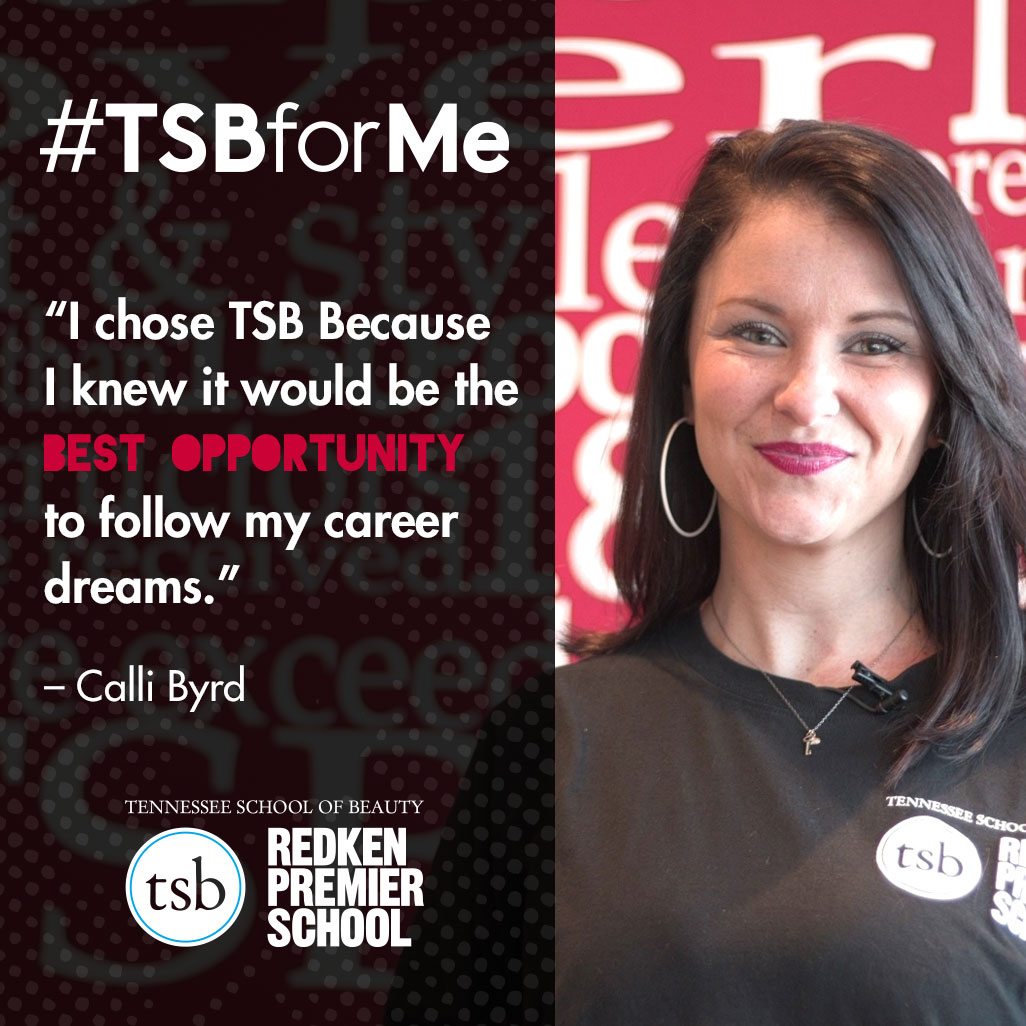
$1000 Scholarship Offer – April & May Cosmetology Class
March 17, 2017
Open House Week – April 11-14
April 4, 2017Know What You’re Paying For When Hiring a Makeup Artist

Both prom and summer wedding season are right around the corner, which means countless women will search for makeup artists to help them look their very best.
If you hire a makeup artist, make sure you know what you’re paying for. Anyone with an interest in doing makeup can call themselves a “makeup artist” or even a “certified makeup artist,” but it’s important to make sure they are professionally trained. One important thing to note: Any makeup artist who charges for their services in the State of Tennessee is required by law to be a licensed cosmetologist or esthetician.
At Tennessee School of Beauty, becoming a licensed cosmetologist means more than learning to style hair, do nails or apply makeup. Becoming knowledgeable in how to prevent infection from bacteria, viruses, parasites and other pathogens is a vital component of a licensed cosmetologist’s or esthetician’s education. Becoming knowledgeable in anatomy and physiology, particularly as it pertains to the skin, is also important. It’s important to know how to help our clients maintain healthy skin and how to recognize whether a client has a skin disorder. All of this speaks to providing services safely and for the protection of our clients, whether we’re doing their hair, nails, makeup or skin care.
Another way licensed cosmetologists and estheticians differ from “certified makeup artists” is that “licensed” means they hold a state-issued license. To become licensed, a cosmetologist or esthetician is required to complete a specific number of hours in school. When schooling is finished, cosmetologists and estheticians must pass both a written and practical exam. You may hear these referred to as State Boards, and they are, in fact, administered by a state board of cosmetology. Once licensed, cosmetologists and estheticians are able to work in salons, spas, medical spas or as freelance artists and we are legally able to charge for services.
On the other hand, anyone who calls themselves a “certified makeup artist” does not have the same level of training. They may have taken a class or found a program online from which they received a “certificate.” But there is no state board to regulate a certification in makeup artistry, and in most states there is no legal documentation to “certify” a makeup artist. These folks may be extremely talented, but without a license they shouldn’t be charging money for their services.
The bottom line is this: If you pay someone to do your makeup for prom night or your wedding, make sure they are a state-licensed cosmetologist or esthetician. You can rest easy that have been properly educated, tested and licensed to do the work you are paying for.
The good news is, opportunities to work in cosmetology and esthetics are growing. The U.S. Bureau of Labor Statistics reports that careers in cosmetology will grow by 10 percent through 2024, faster than most other career fields.
If you or someone you know is interested in becoming a licensed cosmetologist or licensed esthetician, discover Tennessee School of Beauty for yourself.

